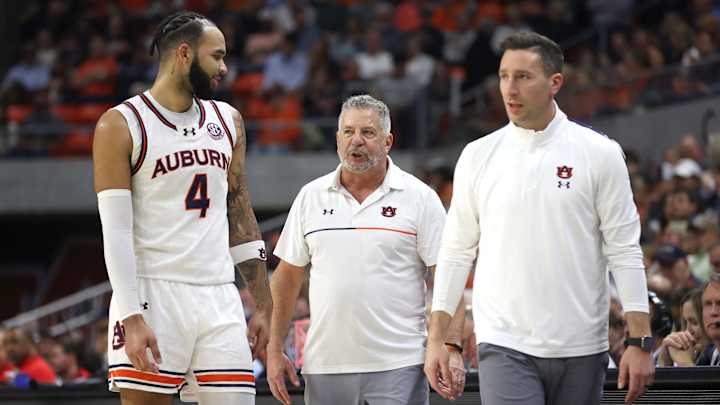As Auburn basketball looks ahead to the 2025-26 season, uncertainty looms large over the program’s future. With the rapid evolution of college sports, the combination of Name, Image, and Likeness (NIL) deals and the growing influence of the transfer portal has created a chaotic environment, one that threatens to reshape Auburn’s chances of success in the upcoming season.
The transfer portal, which allows players to switch teams with fewer restrictions, has altered the landscape of college basketball. What once was a relatively stable system of recruiting and team-building has now become a game of musical chairs. For programs like Auburn, this presents both opportunities and challenges. On one hand, the portal provides a chance to bring in talented players from other schools, potentially strengthening the roster. On the other hand, the constant movement of athletes makes it harder to build chemistry and long-term team dynamics, which are essential for a successful season.
Adding another layer of complexity is the NIL system, which allows players to profit from their personal brand. While NIL deals offer financial benefits to players, they also bring about a host of uncertainties for teams. Top players are now able to command significant endorsement deals, and those with the most lucrative contracts often attract the most attention. This financial aspect means that players may be lured away from Auburn by schools offering more enticing NIL opportunities, while Auburn’s ability to compete in this market remains in question.
Coach Bruce Pearl and the Auburn program must navigate this new reality, but with so many moving pieces, it is unclear what the future holds. Will Auburn be able to hold onto its top players and build a competitive roster, or will the shifting landscape leave them struggling to stay relevant in the SEC?
As the 2025-26 season approaches, one thing is certain: Auburn basketball’s path forward is anything but predictable. The uncertainty brought on by the NIL and transfer portal chaos has left fans and experts alike wondering if the program can adapt quickly enough to maintain its prominence in college basketball.
